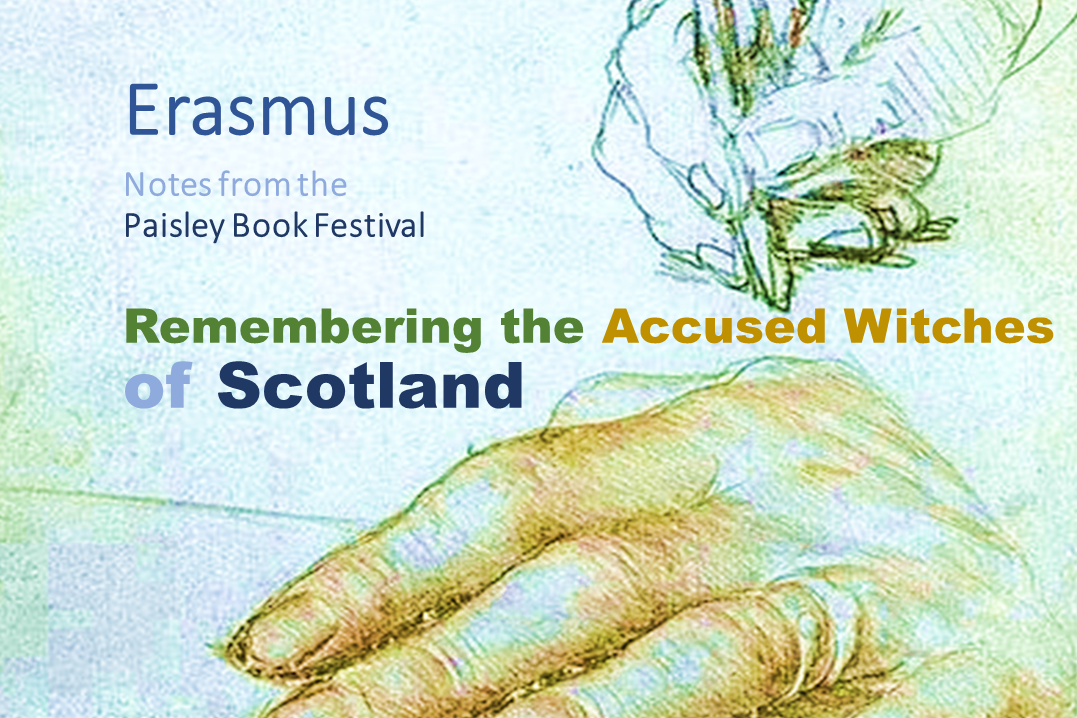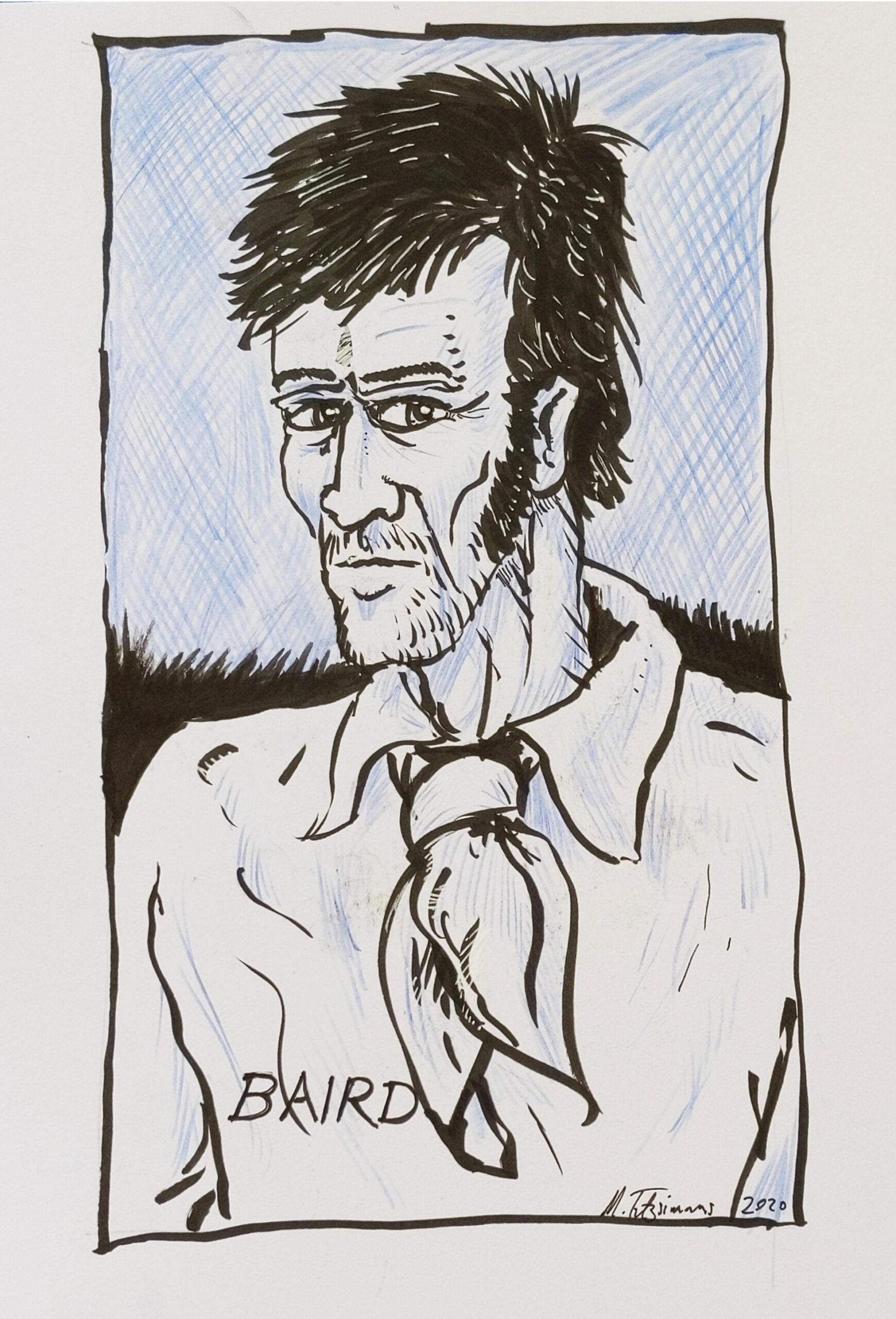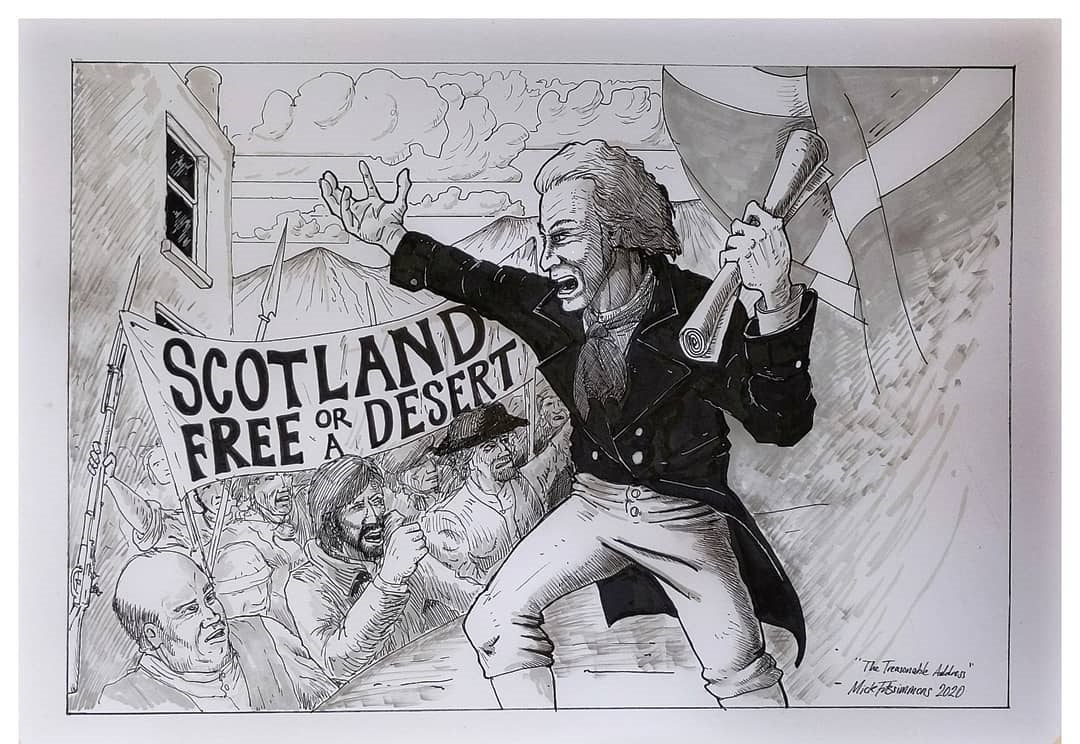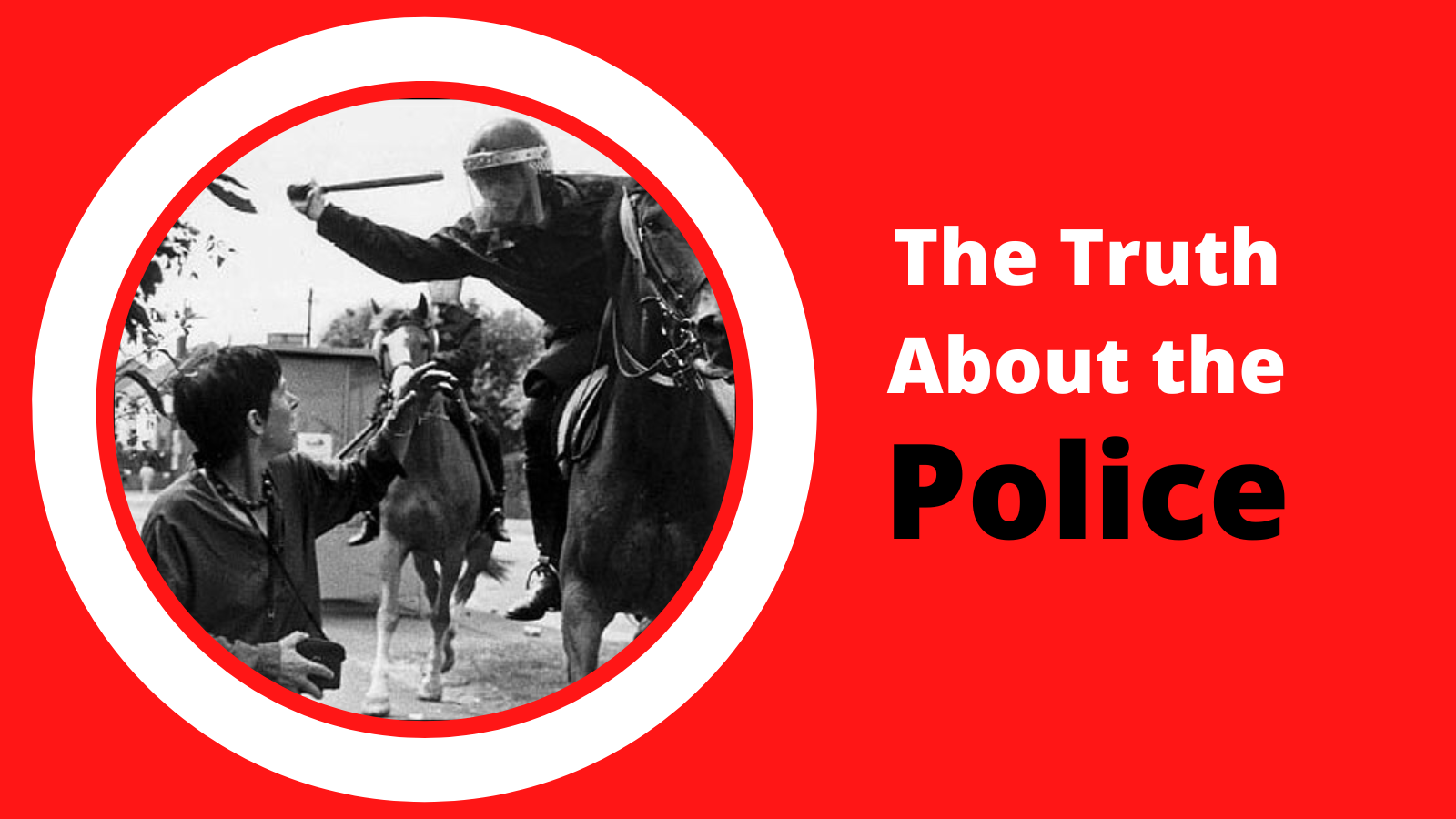By Peigi @erasmusresearch
The Paisley Book Festival: Radical New Futures is now on and continues until the 27th February. This exciting event has highlighted important developments in the Arts in Renfrewshire, across Scotland and indeed, further afield. It has also created the space for important conversations that highlight activism and community engagement; crucial resources in the current social, political and economic context of the global pandemic.
One recent event that sparked the interest of the audience was Hags, Hexes and Harpies inspired by the recent publications of Kiran Millwood Hargrave (The Mercies) and Rebecca Tamás (Witch). This event provided an opportunity for the discussants and participants to ponder the depiction of the ‘witch’ in literature and poetry. There was also consideration of the way in which power is used to silence and oppress and the role of the witch-hunts in enforcing this power [see the blog by Joe Smith on the PBF event].
This event, and the discussion that took place, highlighted considerable interest amongst the audience about the importance of ‘magic’ and its application. The conversation invoked consideration of the misapplication of power and the way it has been used in different contexts to divide and fragment communities. In the case of the Scottish witch-hunts, this was done through the persecution of individuals accused and executed for crimes of witchcraft. This is an issue that a small group of dedicated individuals based in Fife have been working to address for several years.
Remembering the Accused Witches of Scotland (RAWS) is a constituted group of volunteers actively engaged in raising awareness about the women and men who were accused under the Scottish Witchcraft Acts of the 16th, 17th and 18th centuries, many of whom were prosecuted and subsequently executed, while unknown others died of the torture they were subjected to in order to produce ‘confessions’.
Under the Scottish Witchcraft Act 1563, both the practice of witchcraft and consulting with witches were made capital offences. This Act stayed on Scottish statute books until it was repealed as a result of a House of Lords amendment to the bill for the post-union Witchcraft Act 1735. Records indicate that around four thousand prosecutions were instigated under this legislation (85-90% of whom were women), with approximately three thousand individuals convicted and executed. However, the records are incomplete and many other poor souls were subjected to undocumented persecution in ways that were never recorded, making the impact and horror of the witch-hunts more widespread.
RAWS has been working tirelessly to bring attention to this issue and to get public recognition of the cruel fate of the many individuals who were subjected to the Scottish witch-hunts. The group promotes their work through a programme of research, community engagement and education. This involves working with the media (Listen to “Remembering the Accused Witches of Scotland” on Spreaker), and work with West Fife Heritage Network to establish a Fife Witches Trail which was successfully launched in 2020. The group has also organised a series of conferences (the first which took place in Fife in May 2019), and, due to the ongoing pandemic, a virtual conference in November 2020 (recordings from the conference are available on their YouTube channel)
A key part of the groups’ campaign activity is to obtain a legal pardon for all those prosecuted, and to establish a National Memorial which will serve as an enduring reminder of the risks that any society faces when particular segments of it become marginalised.
There has been a great deal of interest in recovering the histories of many of the women and men who died – and the groups Facebook page is testament to the ongoing work that is taking place across the country to uncover these, often hidden, histories. This is evident both in scholarly quarters (see Edinburgh University interactive map) and carried out by amateur detectives, focused on piecing together the past lives of the individuals who lived in their local communities, and who were so barbarically murdered by the state.







